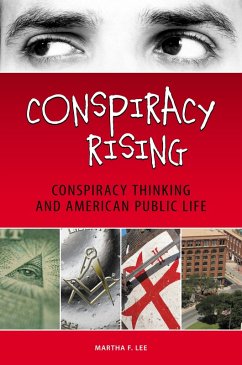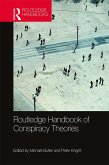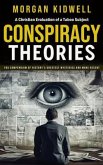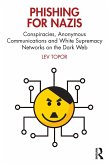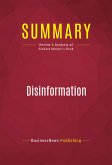This book offers a thoughtful analysis of how and why conspiracy thinking has become a popular mode of political discourse in the United States.
How did conspiracy thinking become such a significant and surprisingly widely accepted form of political thinking in the United States? What compels people to respond to devastating, unpredictable events-terrorist acts, wars, natural disasters, economic upheavals-with the conviction that nothing is a coincidence, nothing is as it seems, and everything is connected?
Conspiracy Rising: Conspiracy Thinking and American Public Life argues that while outlandish paranoid theories themselves may seem nonsensical, the thread of conspiracy thinking throughout American history is a both a byproduct of our democratic form of government and a very real threat to it. From the Illuminati, the Knights Templar, and the Freemasons to the government hiding aliens and faking the moon landing; from the New World Order to the Obama "Birthers," the book explores the enduring popularity of a number of American conspiracy theories, showing how the conspiracy hysteria that may provoke disdain and apathy in the general public, can become a source of dangerous extremism.
How did conspiracy thinking become such a significant and surprisingly widely accepted form of political thinking in the United States? What compels people to respond to devastating, unpredictable events-terrorist acts, wars, natural disasters, economic upheavals-with the conviction that nothing is a coincidence, nothing is as it seems, and everything is connected?
Conspiracy Rising: Conspiracy Thinking and American Public Life argues that while outlandish paranoid theories themselves may seem nonsensical, the thread of conspiracy thinking throughout American history is a both a byproduct of our democratic form of government and a very real threat to it. From the Illuminati, the Knights Templar, and the Freemasons to the government hiding aliens and faking the moon landing; from the New World Order to the Obama "Birthers," the book explores the enduring popularity of a number of American conspiracy theories, showing how the conspiracy hysteria that may provoke disdain and apathy in the general public, can become a source of dangerous extremism.

